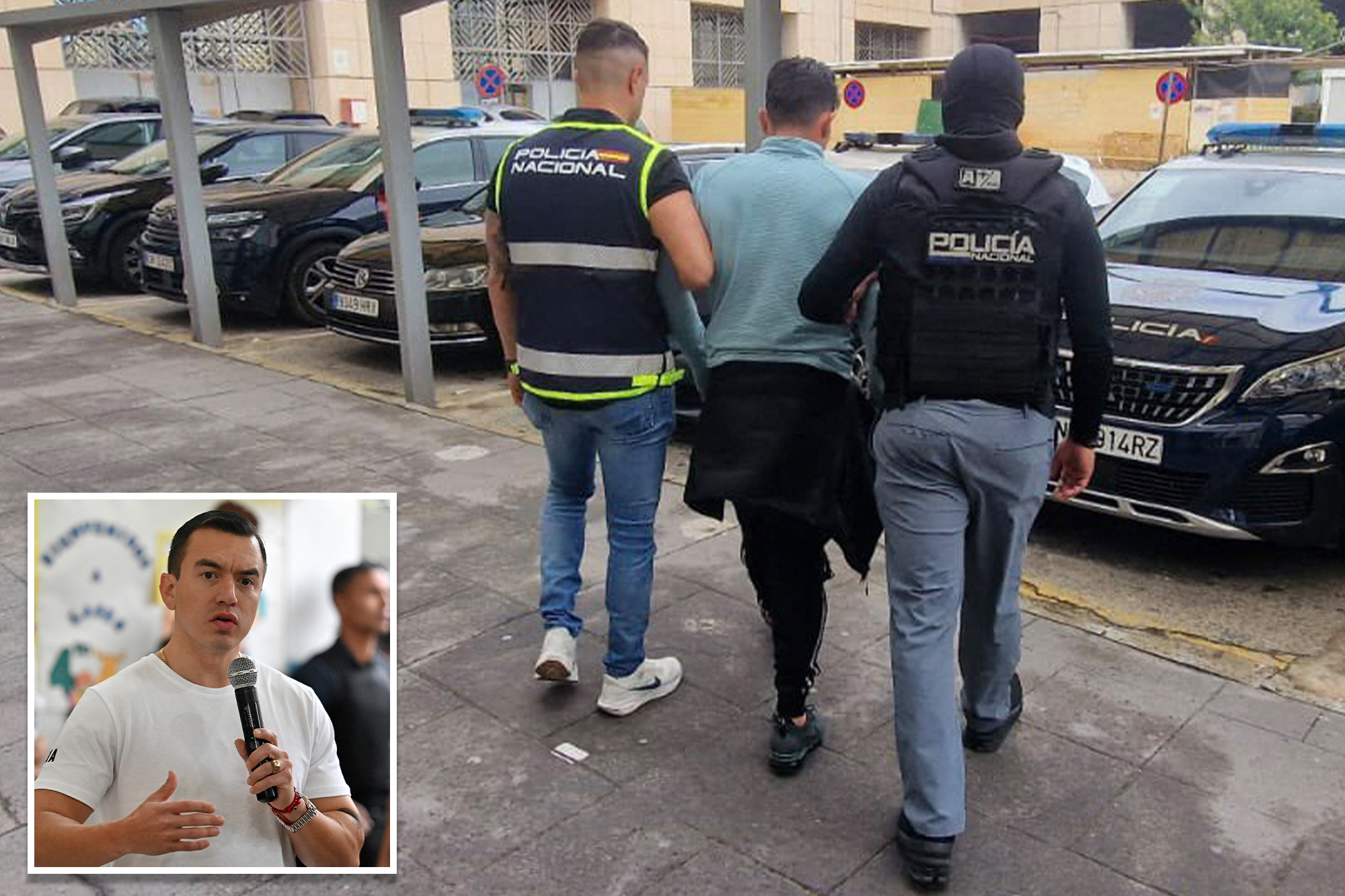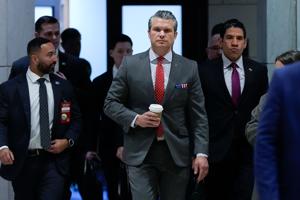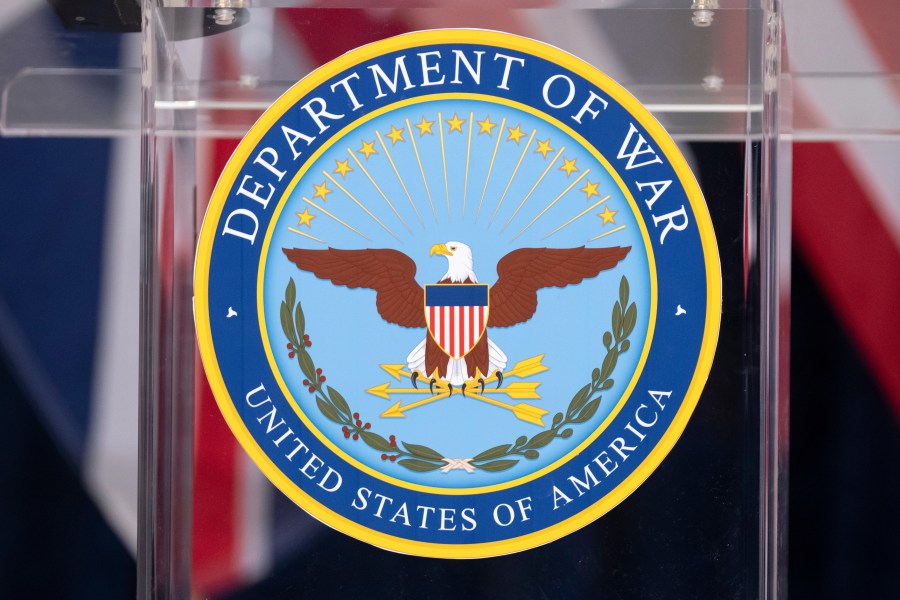Wilmer “Pipo” Chavarria, a notorious drug kingpin from Ecuador, was arrested in Malaga, Spain, on Sunday, four years after he allegedly faked his own death due to COVID-19. Authorities state that Chavarria continued to manage a significant drug trafficking operation remotely from Europe. His capture follows a coordinated effort between Spanish and Ecuadorian police, as confirmed by Spain’s National Police on the social media platform X.
Chavarria is believed to be the leader of the criminal organization known as Los Lobos, or “The Wolves,” which comprises approximately 8,000 members. The group was classified as a terrorist organization by the United States in September 2023, according to a press release from the US Department of State. Los Lobos has been implicated in political assassinations and collaborates closely with Mexico’s Jalisco New Generation Cartel.
In 2021, Chavarria’s family publicly claimed that he had died from a heart attack linked to COVID-19. However, Ecuadorian President Daniel Noboa revealed that Chavarria had assumed a new identity and evaded capture while orchestrating drug shipments, directing assassinations, and overseeing illegal mining operations from his hideout in Europe. Noboa emphasized the importance of international cooperation in combating transnational crime, stating, “Some wrote him off as dead; we hunted him down in his very own hell.”
Impact of Drug Trafficking in Ecuador
Ecuador has experienced a marked increase in violence and homicide rates over the past few years, shifting from one of South America’s most peaceful countries in the early 2010s to a hotspot for drug-related crime. Criminal organizations, including Los Lobos, have targeted political figures, journalists, and local officials as they vie for control over strategic transit points for cocaine originating from Colombia and Peru.
The arrest of Chavarria coincided with a significant political moment in Ecuador, as citizens voted on a proposal to permit foreign countries to establish military bases within its borders. This proposal faced defeat, marking a setback for President Noboa, who argued that such measures are essential for enhancing anti-drug cooperation, particularly with the United States.
Noboa, who cast his ballot on the voting day, expressed his belief that international collaboration is vital for dismantling drug trafficking networks. “International cooperation is the only way to dismantle these groups, which are transnational criminal networks,” he stated, underscoring the urgency of addressing the challenges posed by these organizations.
Future of Ecuador’s Anti-Drug Strategy
With the arrest of Wilmer Chavarria, Ecuadorian officials hope to send a strong message to criminal enterprises operating within and beyond their borders. Noboa has engaged with US officials to discuss ongoing security and migration issues, including a recent tour with Homeland Security Secretary Kristi Noem of a potential military base that could accommodate US troops.
As Ecuador navigates these complex challenges, the collaboration between local and international law enforcement remains crucial. The successful apprehension of Chavarria marks a significant development in the ongoing fight against drug trafficking in the region, highlighting the need for continued vigilance and cooperation in addressing transnational crime.







